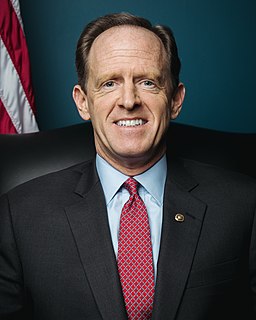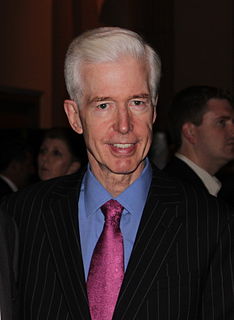A Quote by Veerappa Moily
If I can save 25 billion dollars in terms of reduction of import, I will be adding one percent to the GDP. By conserving the oil energy by the people, the GDP will become 5.5 percent, and this will change the economy of the country.
Related Quotes
Government is taking 40 percent of the GDP. And that's at the state, local and federal level. President Obama has taken government spending at the federal level from 20 percent to 25 percent. Look, at some point, you cease being a free economy, and you become a government economy. And we've got to stop that.
For any economy, there are two basic factors determining how many jobs are available at any given time. The first is the overall level of activity - with GDP as a rough, if inadequate measure of overall activity - and the second is what share of GDP goes to hiring people into jobs. In terms of our current situation, after the Great Recession hit in full in 2008, US GDP has grown at an anemic average rate of 1.3 percent per year, as opposed to the historic average rate from 1950 until 2007 of 3.3 percent.
I'm going to create tremendous jobs. And we're bringing GDP from, really, 1 percent, which is what it is now, and if Hillary Clinton got in, it will be less than zero. But we're bringing it from 1 percent up to 4 percent. And I actually think we can go higher than 4 percent. I think you can go to 5 percent or 6 percent.
A possibility is that we see more and more leverage, and credit-to-GDP ratios rise once more to even higher levels; eventually the banking systems of all advanced economies reach magnitudes of 500 percent, 1000 percent or more of GDP, so that every economy starts to have financial systems that resemble recent cases like Switzerland, Ireland, Iceland, or Cyprus. That might be a very fragile world to live in.
We are now spending half a trillion dollars on foreign oil, importing 62 percent of the oil we use, and we haven't had the leadership in D.C. to do anything about it. We've got to move to other sources of energy. But we've gotten way behind, and will continue to pay the fiddler. It's not a good future.
Seventy-five percent of our energy around the earth is being poured into war efforts. Are we servants of death and destruction? This 75 percent of energy could be poured into life, into the service of life-and there will be laughter, and there will be greater health, and there will be more wealth, more food. There will be no poverty. There is no need for poverty to exist at all.

































